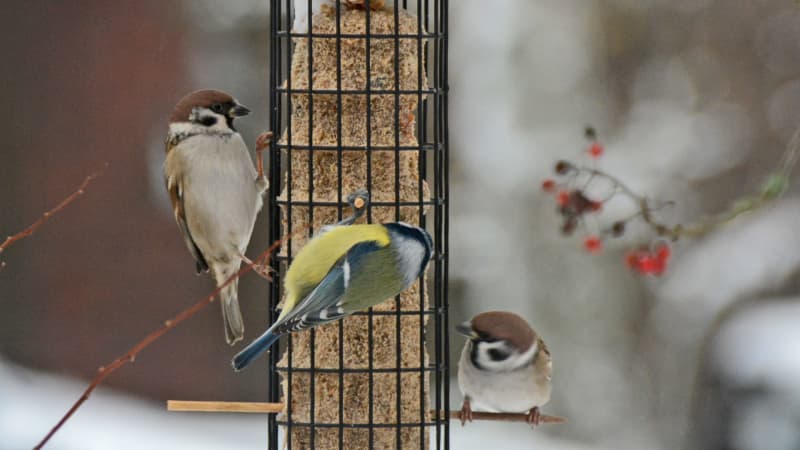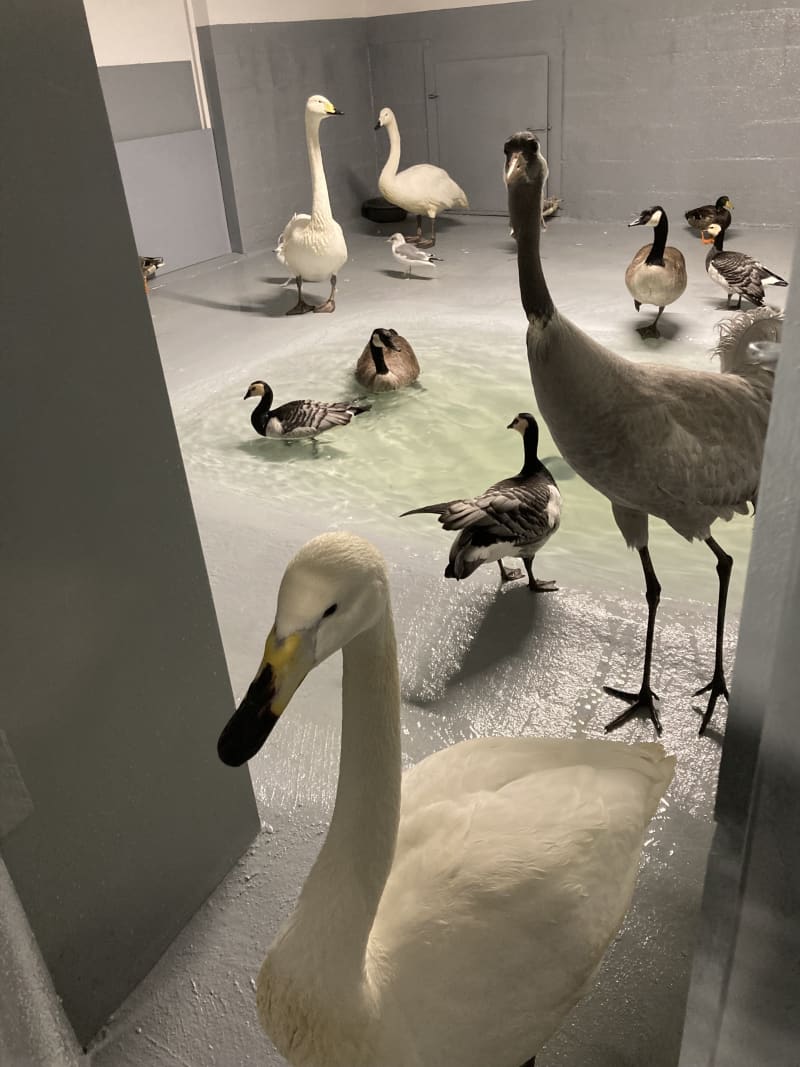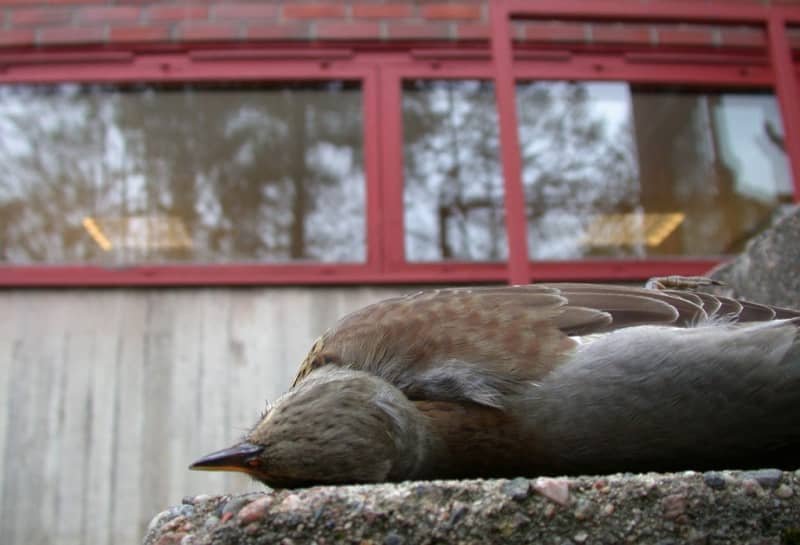Many birds just pounce when they hit a window. Here are simple instructions for preventing collisions and helping an injured wingman.
1. Shape the glass
The bird does not recognize the mirroring glass as an obstacle, but as a continuation of its airspace. That’s why it can’t be careful.
The most common victims are finches, woodpeckers, owls and even sparrow hawks.
The best way to prevent this is with curtains or window patterns. The simplest shape that works on birds is a hawk, which can be cut out of paper and glued to the inside of the glass.
If there are rowan trees in the yard, you should definitely mark the glasses, because a tilhi eating rowan berries panics easily and easily crashes into the nearest obstacle in an escape reaction. In Känni, tilhi is not one of the fermented berries, because its liver is proportionally four times larger than a human’s and burns alcohol efficiently.

2. Feeding near windows
If you like to feed the birds, you should place the food place a meter or two away from large windows.
The bird leaving the feeder does not have time to accelerate to high flight speed on that journey, and a possible collision will at most knock the bird over.
3. Examine and treat
The lifeless bird found under the window should be examined first. If the wing is not broken and the neck is not broken, the bird may just be hunched over.
Then you should put it in a paper bag or box in the dark to calm down. After a couple of hours, the shelter starts to rustle and the bird can be allowed to continue its journey.

If the bird is badly injured, it must be treated at a bird or animal shelter, where a professional will assess the bird’s viable future. It is not worth trying to feed, because the injured bird is in shock and then it will not eat anything.
If the bird is dead, it can be taken to an animal museum or private skin collections.
Small dead birds are taken care of by nature.
*Watch the TV show Half past seven Juhat in nature here*

